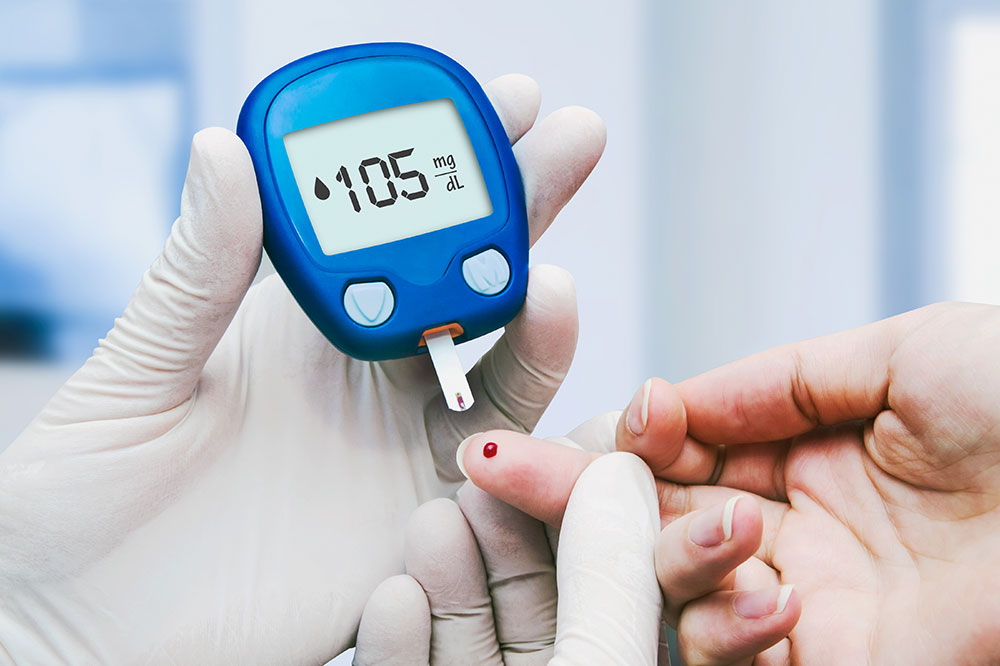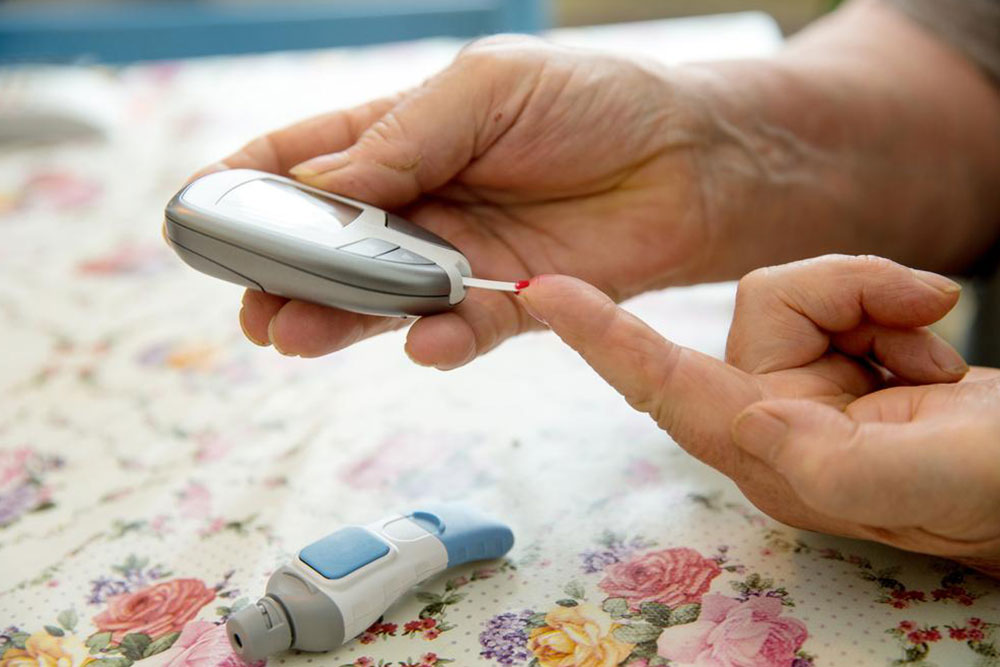Essential Facts You Must Know About Diabetes
Discover key insights about diabetes, including its types, symptoms, diagnosis, and management strategies. Learn how early detection and lifestyle adjustments can help control the disease and prevent serious complications. Essential information for those affected or at risk to maintain health and well-being.

Understanding Vital Facts About Diabetes
Diabetes is among the most widespread health conditions worldwide, affecting over 30 million people in the country. Many individuals remain unaware of their condition until symptoms appear. It occurs when blood sugar levels become abnormally high due to issues with insulin, a hormone produced by the pancreas. Insulin helps move glucose from food into cells for energy. When insulin production is insufficient or the body can't utilize it effectively, glucose stays in the bloodstream, leading to health complications. Managing blood sugar levels is crucial for overall health.
The severity of diabetes varies among individuals, but proper management is essential to prevent serious health issues. Here’s a breakdown of what you need to know about this condition and its effects on wellness.
Types of Diabetes
Diabetes manifests mainly in three forms:
Type 1 Diabetes: This form occurs when the immune system destroys insulin-producing cells in the pancreas. It's often diagnosed in children and young adults but can develop at any age. Patients need lifelong insulin therapy.
Type 2 Diabetes: The most prevalent type, characterized by the body's inability to produce sufficient insulin or effectively use it. It frequently affects older individuals but can also occur in younger populations.
Gestational Diabetes: Developing during pregnancy, this type increases the risk of future Type 2 diabetes and requires careful monitoring.
How is Diabetes Detected?
Early detection is vital. Symptoms like frequent urination, excessive thirst, and fatigue should prompt a visit to the doctor. Blood tests measure glucose levels, with elevated readings indicating diabetes. Early diagnosis helps prevent long-term complications by enabling timely management.
Common Treatment Approaches
The goal of treatment is to keep blood glucose within healthy ranges. Treatment plans are tailored based on individual health and medication effects, including:
Medications: Insulin injections or oral drugs help regulate blood sugar. The type and administration vary per patient.
Dietary Management: A balanced diet rich in healthy fats, proteins, and controlled carbohydrates supports blood sugar control.
Physical Activity: Regular exercise enhances insulin sensitivity, improves circulation, and reduces cardiovascular risks.
Effective Ways to Manage Diabetes
Beyond medication, lifestyle changes are critical. Adopting a routine that includes early waking, physical activity, and nutritious eating habits helps manage the condition. Limiting junk food, monitoring blood sugar regularly, and seeking family support can significantly improve quality of life with diabetes.
Tags – diabetes










